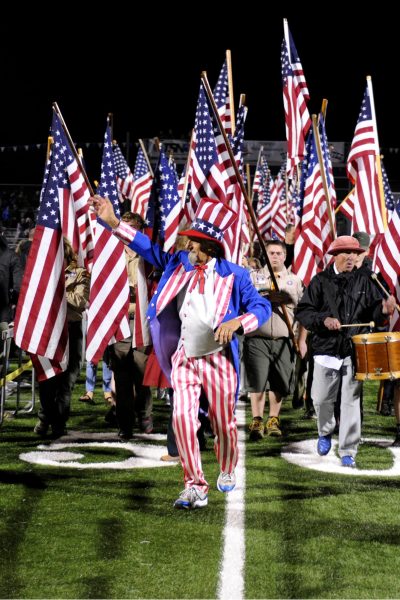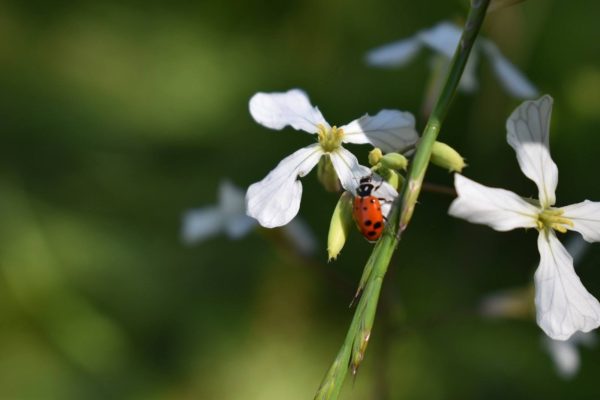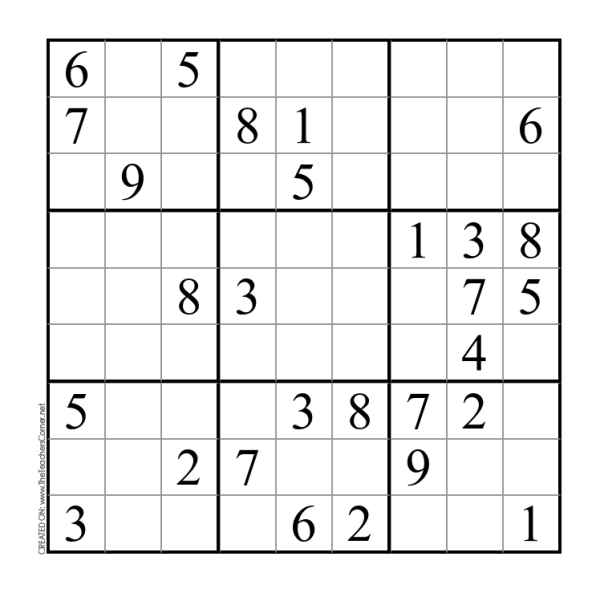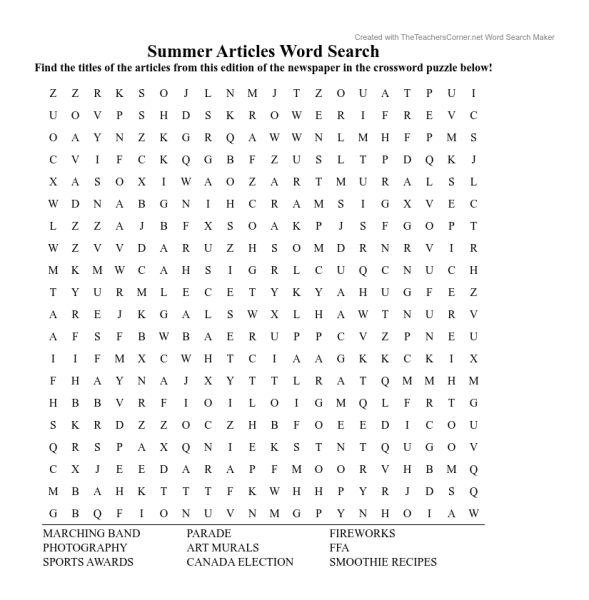White Privilege, Too
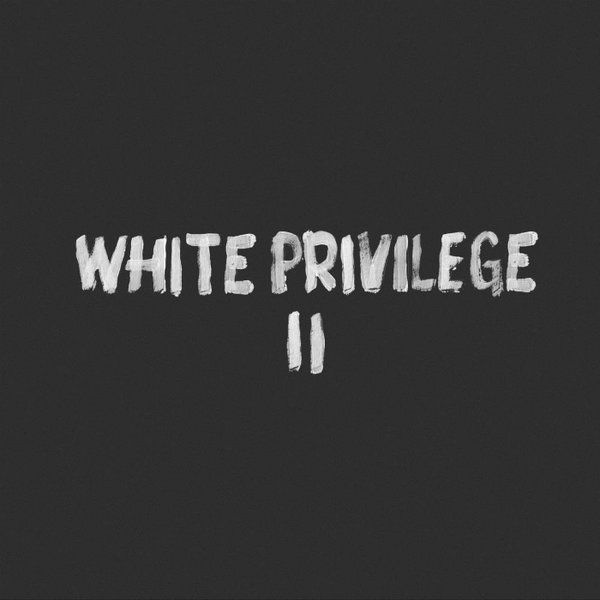
In Macklemore and Ryan Lewis’s newly released song, “White Privilege II,” Macklemore voices his worries about being simultaneously a white hip-hop artist and a black ally. This song speaks to anybody who has experienced or witnessed injustice, and provides a valuable springboard for those who want to understand the personal challenges involved in the fight for racial equality.
Hip hop formed in the mid-1970’s, originating among black New York youth. Over the following decades, it branched out to include a number of subdivisions, including East and West Coast Hip Hop and Gangsta Rap, the latter being a subgenre that focuses on the lifestyles of inner-city adolescents. Hip hop music has been described as an outlet and a voice for the disenfranchised youth of low-economic areas.
Macklemore is not a disenfranchised youth of a low-economic area; Macklemore is a 32- year-old white rapper with a wife, an 8-month-old daughter, and a thriving musical career. So the questions arise: What has hip hop done for him, and why does he feel guilty about it? Should he?
Growing up in Seattle, Macklemore (born Ben Haggerty), was immersed in and heavily influenced by the hip hop scene, having listened to popular artists of the time (Digital Underground, Living Legends, Wu-Tang Clan) starting at age six, and participating in music programs both in his high school and community. He officially started making music in 2000, and teamed up with Ryan Lewis to make their more well-known albums and tracks in 2006.
Macklemore has always been socially and politically observant in his music; in 2005 he released “Bush Song” to convey his upset towards the former White House occupant’s character and actions as president. That same album contained the song “White Privilege.” In “White Privilege,” Macklemore makes a cogent case for his advantages and associated guilt as a white Hip Hop artist; this was, clearly, the namesake for “White Privilege II.” In his 2012 album, The Heist, songs like “Same Love” and “A Wake” were released, one focusing on LGBTQI rights and marriage equality, the other a preliminary reflection on his experience as a white rapper and a tribute to the black men murdered by police in 2012.
The scene of the song is set at a Black Lives Matter march in which Ben Haggerty participates, all the while doubting the validity of his presence; not because he doesn’t support the cause, but because he is of the offending race, and along with that, he has, as he alludes to in his 2012 album name, “heisted” the fame of hip hop. In the song, he says “I want to take a stance ‘cause we are not free/ And then I thought about it, we are not ‘we.’” As a white artist, he gains publicity for saying things black artists have been saying for decades. None of what he preaches in this song is new; the novelty is in who’s preaching it. The harsh reality is, people listen to him. Macklemore has created something of a paradox with the release of this song: by stealing the spotlight that would otherwise shine on black artists, he elevates white power over black power, even as he promotes equality.
He knows this full well. “The culture was never yours to make better,” Macklemore says in Verse 2, speaking to himself. In the production of this song, he has weighed the message he wants to spread against the publicity he will get because of his race, and the message won. In other songs, Macklemore has compared himself to black artists, denying the claims by interviewers that, because his language is more “socially conscious” than what the “hood” artists rap about, what he has to say is “better.” In “A Wake,” his perspective is dismal, looking down on himself for remaining passive while people are murdered. He sings, “Don’t get involved if the cause isn’t mine/ White privilege, white guilt, at the same damn time.” In “White Privilege II,” he has joined the cause, but the privilege and guilt remain.
A large amount of this guilt comes from the attention Macklemore receives that black artists singing about the same issues don’t get, and is acknowledged in Verse 3, in an imagined coffee shop conversation between himself and a seemingly white middle-aged woman: “‘Look what you’re accomplishing/ Even the old mom like me likes it, cause it’s positive,’” she says to him. “‘You’re the only hip hop that I let my kids listen to.’” In a number of cases, Macklemore has reacted to this unequal distribution of attention; at the 2014 Grammy Awards, Macklemore and Ryan Lewis won four Grammys, while black hip hop artist Kendrick Lamar, although nominated for seven, won none. Macklemore revealed his emotions about this event by posting an Instagram picture of a text he had sent to Kendrick, containing the phrase “You got robbed.” Tupac, Kendrick, Azealia Banks, and dozens of other black artists have been vehemently advocating for equality for decades, and yet, Macklemore gets international publicity and recognition at his first exploration of the issue. It’s no wonder he feels guilty.
Despite this seemingly impassible roadblock, Macklemore expands beyond simply voicing his guilt, and proposes several steps to eliminate the imbalance. Awareness is the first. A man speaking in Interlude 4 of “White Privilege II” says that the best thing white people can do is talk to each other. By having the hard, increasingly necessary, conversations about each other, about ourselves, about people and race and culture, we can make for a more aware society.
I’m not unaware of the paradox within this article itself, of a white person discussing another white person’s challenges regarding awareness, equality, and black struggles. I was born and raised in Sebastopol, California, a town where only 1% of the population is Black or African American. I speak not from the perspective of a person well acquainted with racial discrimination, but from the perspective of a human being who wants to promote change, in herself and in others.
The fight for racial equality is not just a fight between skin colors, not just a desire to learn from an aching history of segregation and superiority. The fight for racial equality is a fight for justice all around the world: for those struggling in Uganda, in Russia, the Middle East, Greece, Afghanistan; for the transgender, bisexual, gay and lesbian, queer communities; for anybody who is or has been systematically mistreated. To work toward equality on one front is to work toward equality on all. As is so eloquently voiced by a woman in Interlude 4, “My generation has taken on the torch of a very age-old fight for black liberation, but also liberation for everyone. Injustice anywhere is still injustice everywhere.” My hope is that, by promoting awareness everywhere, we can decrease injustice and strive toward a supportive community and an accepting, tolerant world.

